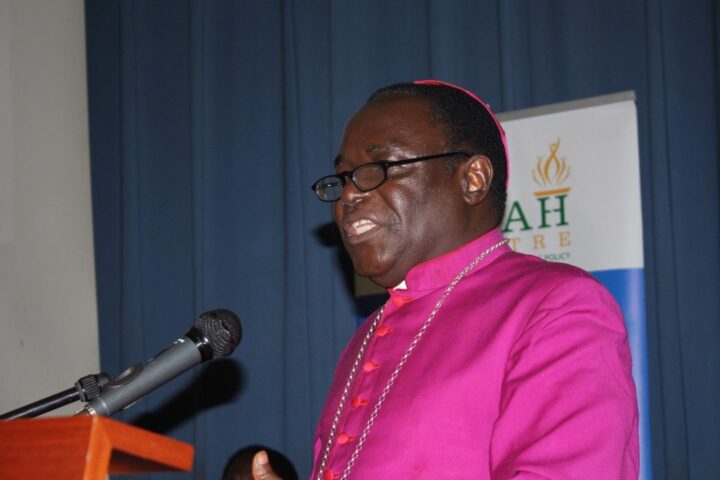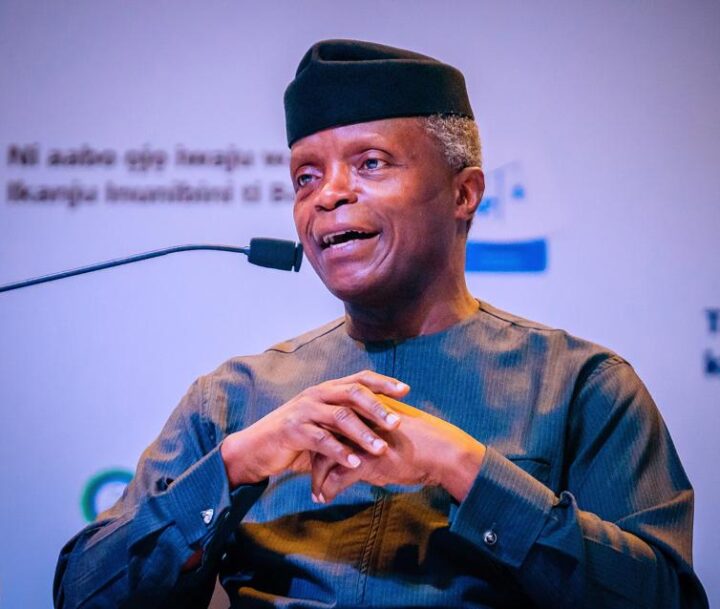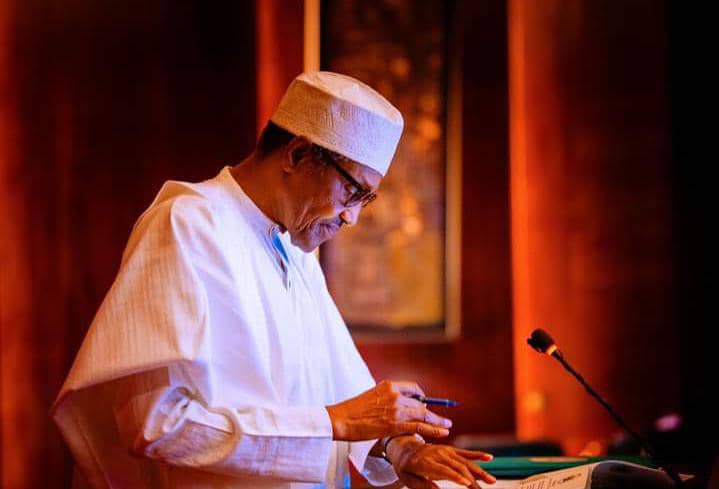Matthew Kukah, bishop of the Catholic Diocese of Sokoto, says the process of appointing persons into federal positions is “severely flawed”.
The clergyman said this on Friday in an interview with ARISE TV, to commemorate his 70th birthday.
Kukah clocked 70 on August 31.
Reflecting on the theme for the roundtable discussion organised in honour of his birthday, titled ‘Nigeria’s Unfinished Greatness: Next Stop’, which held on Wednesday in Abuja, Kukah said the country must embrace fairness and transparency in making political appointments.
Advertisement
“I had a conversation with President (Goodluck) Jonathan before the event and one of the things that I raised with him was that the whole process of team selection in Nigeria is severely flawed,” he said.
“We have turned this whole thing into a process and platform for distributing privilege, because every minister who serves the federal republic of Nigeria does so on the basis of being sponsored by a friend, traditional ruler, or someone who has the closeness to power.
“And the difficulties that ministers experience is even a shared process of getting name. A lot of people often find themselves being suprised by a telephone call and being called to serve.
Advertisement
“Primarily, Nigeria will tell you that every state should have a minister. The problem with that is such that people’s loyalty is first to their community, then to their state, and any loyalty left is transferred to Nigeria.
“And that’s why by the time they’re done serving Nigeria, people measure their proficiency and competence by how many people in their village they managed to smuggle into Abuja by way of government position.
“So, I wanted to set a tone, that we must move away from where we are. We cannot continue doing the same thing and expect a different result.”
He also said Nigeria needs to tap into its potential for greatness to achieve sustainable development.
Advertisement
“So, for the future, there’s greatness in Nigeria, and we have a generation that is poised, far better than the generation before, to appreciate the complexities of what national building is all about,” he added.
Add a comment






